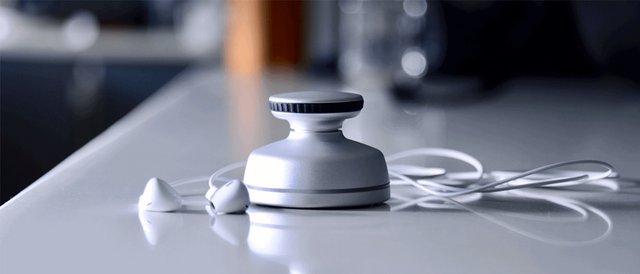Diagnosis of lung disease will be performed using an “intelligent” stethoscope. Project of ITMO University and Laeneco Company

Now machine learning-based AI technologies are capable of detecting lung diseases with greater accuracy than doctors. “Smart” stethoscope, which was developed in the framework of a startup project of Laeneco could boast such results.
Specialists from Laeneco company are interested in the problem of respiratory diseases and decided to use the results of machine learning algorithms to determine lung disease from audio recordings. Why has this project become so relevant?
Statistics of the World Health Organization says respiratory diseases account for up to 10% of the period of disabled years. To identify diseases of the respiratory tract using a proven method of auscultation, which is to listen to the sounds and the subsequent assessment of the condition of organs based on noise, wheezing and crepitations. Even the presence of up-to-date ultrasound machines leaves the stethoscope still relevant in medicine, helping doctors to make accurate diagnoses that are not obvious in the medical images. However, the method has failures.
When using a stethoscope, doctors have no tools for a completely objective assessment of acoustic sounds. The results of an auscultatory study cannot be accurately recorded, and the diagnosis is based only on the doctor’s experience and qualifications. Although the accuracy of diagnosis with the use of a stethoscope is about 67% by average estimates from several scientific researches. However, the Laeneco intelligent stethoscope completely solves these problems.
The device runs together with a smartphone, based on the developed functional application. The device is equipped with an ultra-sensitive microphone that allows to analyze an extended range of sounds that are inaccessible to the human ear. Neural networks allow to capture and identify hidden sounds that accurately indicate the presence of lung disease.
An additional advantage is the connection of the stethoscope to the smartphone, which allows the specialist to increase the volume of listening to internal noises. Often, even experienced doctors in years, when making a diagnosis can fail. However, the project can solve even this problem. All diagnostic results are stored in a certain audio file, providing the ability to re-analyze.
The accuracy of the “smart” stethoscope according to results of the tests was 83% and further, with the addition of the training selection, the accuracy can be increased to 99%. It is already known that the device has received approval from the medical community and this device will be the first to enter the Japanese market.
Congratulations @imdnews! You have completed the following achievement on the Steem blockchain and have been rewarded with new badge(s) :
You can view your badges on your Steem Board and compare to others on the Steem Ranking
If you no longer want to receive notifications, reply to this comment with the word
STOPTo support your work, I also upvoted your post!
Vote for @Steemitboard as a witness to get one more award and increased upvotes!